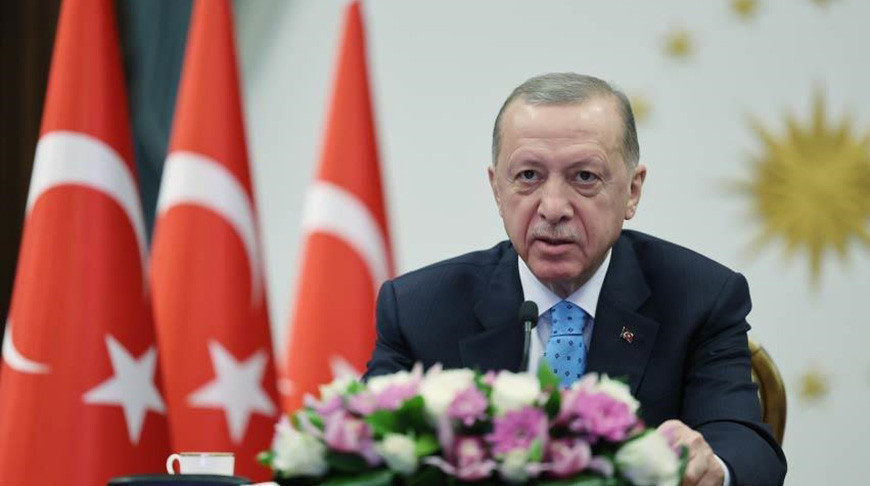According to preliminary data, during the second round of the presidential elections in Turkey, the current leader of the Turkish state, Recep Tayyip Erdogan, won another convincing victory, gaining 52.1% of the vote. His competitor, opposition candidate Kemal Kilicdaroglu, won 47.9% of the electorate’s sympathies. According to independent analysts, the current general will on Turkish territory will go down in the history books.
Indeed, it will enter. The fact is that the “May elections – 2023” in this Eurasian country were held in two stages. Since the proclamation of a democratic republic in Turkey on October 29, 1923, the corresponding voting has been carried out according to the principle of “one day – one winner.” Additional recalculation of ballots took place only once, after the Second World War. The current political battle between Erdogan and Kilicdaroglu suddenly showed a certain “fermentation” in Turkish society: the very fact that in the first round of voting none of the candidates could overcome the fifty percent barrier indicates a drop in the ratings of the current government and an increase in the prestige of the opposition.
And not only about this. According to experts, this Turkish opposition actively used the so-called “Western resource” during its election campaign. It’s no secret that the official Washington actually staked on Kilicdaroglu, regularly covering in the American press the advantages of the course of this candidate from the Party of Changes. The White House was echoed by some European politicians, including German Chancellor Olaf Scholz and French President Emmanuel Macron.
“Erdogan’s next victory may, as they say, confuse the cards for the leaders of a number of states in the world”? – Turkish political observer Akif Idiz suggested in a commentary for EURO-ATLANTIC UKRAINE. – There is no doubt that official Ankara will reconsider its relations with both the West and the East in the near future.” According to the analyst, one of the first steps of Erdogan’s team in his new term will be to strengthen Turkey’s position in the Middle East, including Syria, Lebanon and Iraq. Then the Turkish leader plans to strengthen the role of his country in the structures of the North Atlantic Alliance. And, finally, outline the priorities for cooperation with the European Union. Like, if Brussels continues to ignore the attempts of the same Ankara to integrate into the EU structures as quickly as possible, Turkey will simply refuse this integration.
It is also expected that in the near future Turkey will strengthen relations with Russia, China, India and Latin America. There is no question of any “thaw in relations” with the United States in this context.
Which way of relations with the international community the Turkish state will choose will become known in the near future.


